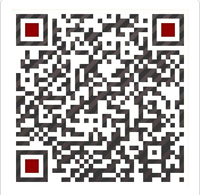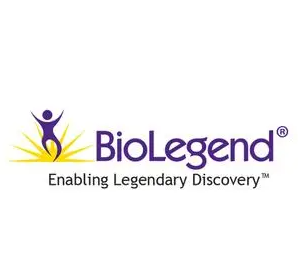Product Details
- Verified Reactivity
- Mouse
- Antibody Type
- Monoclonal
- Host Species
- Rat
- Immunogen
- Recombinant mouse SDF-1β
- Formulation
- Phosphate-buffered solution, pH 7.2, containing 0.09% sodium azide.
- Preparation
- The antibody was purified by affinity chromatography.
- Concentration
- 0.5 mg/ml
- Storage & Handling
- The antibody solution should be stored undiluted between 2°C and 8°C.
- Application
-
WB - Quality tested
- Recommended Usage
Each lot of this antibody is quality control tested by Western blotting. For Western blotting, the suggested use of this reagent is 0.25 - 2.0 ?g per ml. It is recommended that the reagent be titrated for optimal performance for each application.
- RRID
- AB_2565915 (BioLegend Cat. No. 678202)
Antigen Details
- Structure
- 72 amino acids with a predicted molecular weight approximately at 8.5 kD.
- Distribution
-
Expressed by bone marrow stromal cells, endothelial cells, epithelial cells, pericytes, dendritic cells, and fibroblasts.
- Function
- SDF-1 is a constitutively produced chemokine involved in lung, brain, joint, and intestine inflammation. SDF-1 is chemotactic for T, B, and cancer sells. SDF-1/CXCR4 pair plays a role in the mobilization of CD34+ progenitors to peripheral blood. SDF-1 is important in morphogenesis, angiogenesis, and cancer metastasis.
- Interaction
- CXCR4 and ACKR3.
- Ligand/Receptor
- CXCR4.
- Cell Type
- Dendritic cells, Endothelial cells, Epithelial cells, Fibroblasts
- Biology Area
- Apoptosis/Tumor Suppressors/Cell Death, Cell Biology, Immunology, Signal Transduction, Transcription Factors
- Molecular Family
- Cytokines/Chemokines
- Antigen References
-
1. Nagasawa T, et al. 1994. Proc. Natl. Acad. Sci. USA 91:2305.
2. Muller A, et al. 2001. Nature 410:50.
3. Valenzuela-Fernandez A, et al. 2002. J. Biol. Chem. 277:15677.
4. De La Luz Sierra M, et al. 2004. Blood 103:2452.
5. Kortesidis A, et al. 2005. Blood 105:3793.
6. Davis DA, et al. 2005. Blood 105:4561.
7. Zlotnik A. 2008. J. Pathol. 215:211.
8. Herberg S, et al. 2013. PLoS One 8:e58207. - Gene ID
- 20315 View all products for this Gene ID
- UniProt
- View information about CXCL12 on UniProt.org



 ()
()




